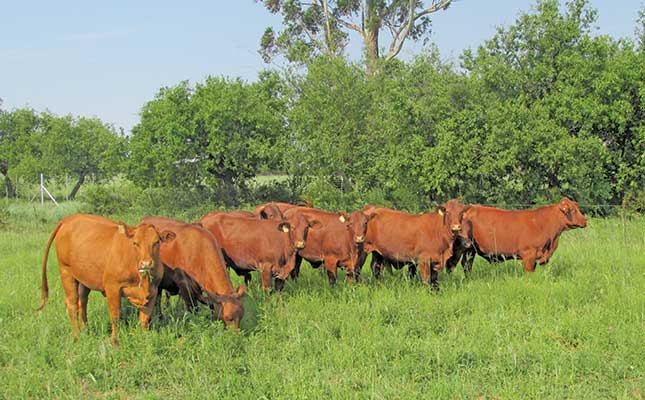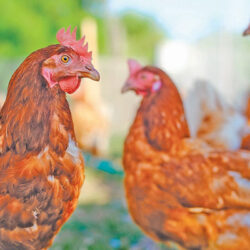Around two weeks ago, government announced the temporary suspension of the movement of cattle as a means to curb the rampant spread of foot-and-mouth disease (FMD) in South Africa. Industry role players say this action was necessary, but that it may be a case of too little, too late.
“The industry has been wanting the country to prioritise FMD with urgency since the disease’s outbreak. We have got to a stage where the 21-day restriction on the movement of cattle is necessary,” says Louw van Reenen, chairperson of the Red Meat Industry Forum and CEO of Beefmaster Group.
Decisive action
On 24 August, Botswana announced the suspension of the movement of cloven-hoofed animals following a suspected, albeit unconfirmed, case of FMD in the disease-control zone in that country’s North-East District.
“We congratulate the Botswana government for its swift intervention. This type of decisive action was needed in South Africa four years ago. There is much to learn from this commendable and bold move by our neighbour,” says Van Reenen, dispelling the rumour that the FMD problem in South Africa originated from the movement of cattle into the country from its neighbours.
“We have always asked government to acknowledge the industry as a critical role player in combatting and effectively managing FMD,” he adds. “Having said that, we are encouraged by the unintended yet positive consequences that have resulted from the implementation of the restrictions.”
Among these, he includes greater collaboration and the recognition of risks in the beef industry by all players.
“We are seeing a big drive from private and public role players to solve the issues that have been holding the beef sector back. Traceability and biosecurity are once again in the spotlight, and stakeholders are starting to see the value in these measures when it comes to preventing and managing large-scale disease outbreaks,” says Van Reenen.
The recently gazetted regulations allow for the movement of cattle to registered abattoirs for slaughtering purposes only, provided that strict criteria are met. These criteria include having a private veterinarian sign off that the cattle being transported are clinically healthy. Processing facilities also need to have red cross permits from a state veterinarian before they can slaughter animals.
“We are seeing excellent co-operation by government in fast-tracking the issuing of red cross permits. Our obligations to consumers to ensure the continuous supply of beef are being taken seriously,” says Van Reenen.
“The beef industry has been focused on opening up new markets for our products over the last few years. We cannot afford to lose these export markets, as well as potential new ones, because of the risk of FMD. We strongly urge all stakeholders to co-operate in protecting our industry and to act responsibly to ensure that FMD is brought under control,” he concludes.




